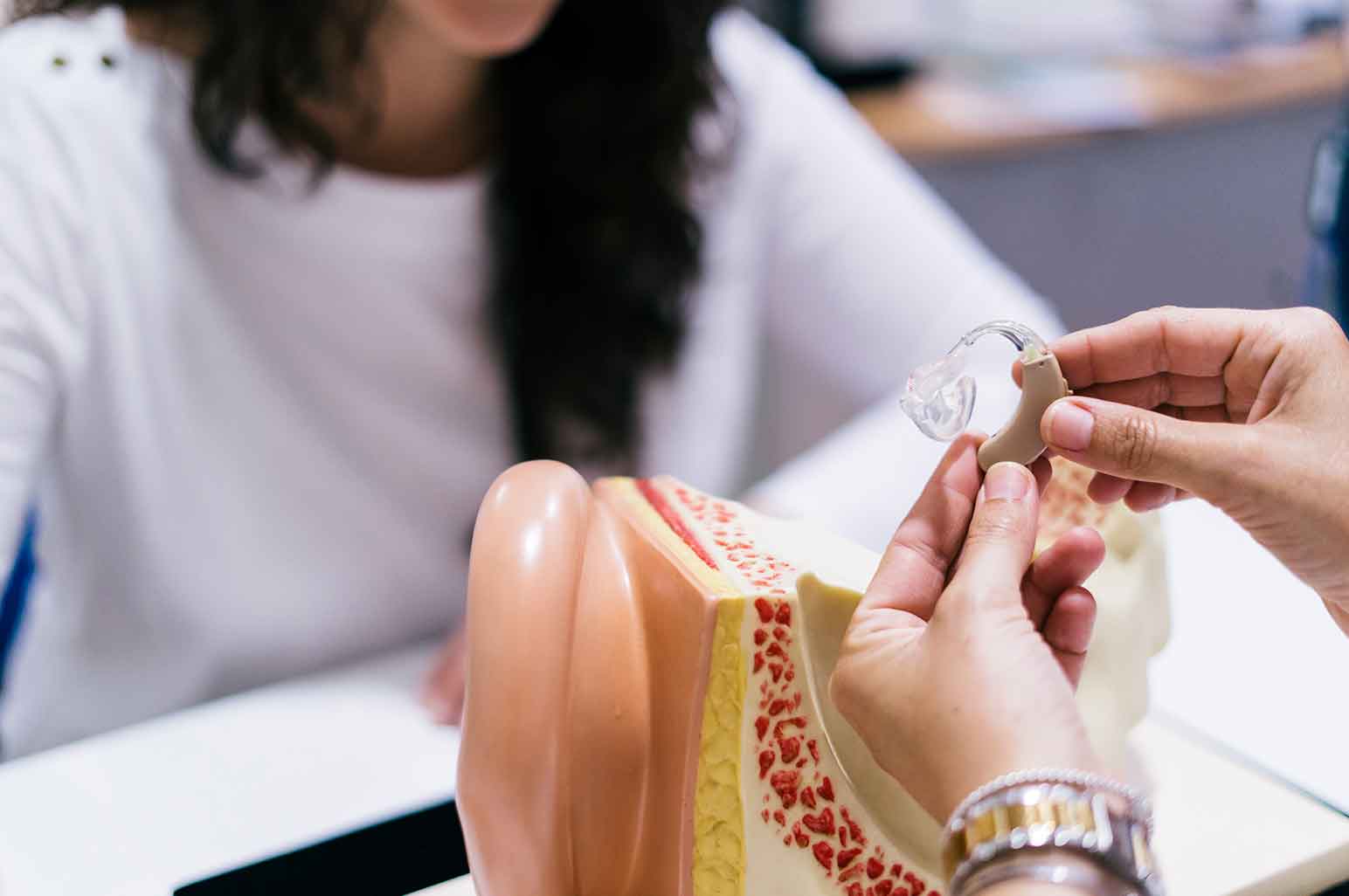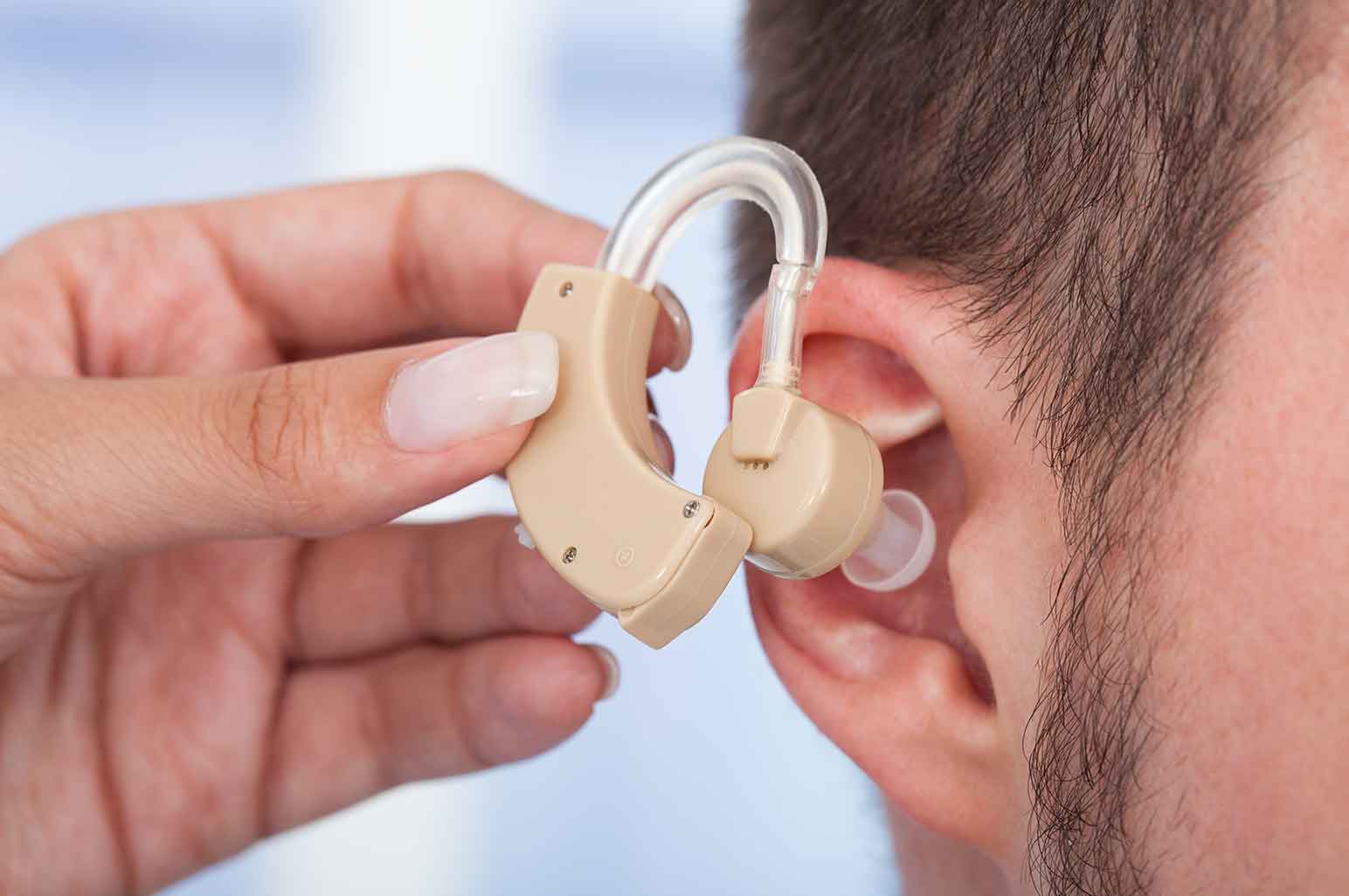Also known as the sense of sound, the ability to perceive and process audio is a critical feature in humans. Without good hearing, issues such as communication can be a challenge. Your career choices may be limited and from time to time, you could find yourself in danger since body reflexes are wired to what we can sense and perceive.

Even though genetics is to blame for the majority of hearing loss cases, many of them are not neonatal. Many people who do not suffer hearing loss at birth develop the symptoms later in life, due to factors such as injury, aging, and disease, among others. The good thing is that regardless of the course, there is always a solution as long as your auditory machinery is not permanently damaged. This is where we press the play button for hearing aids.
Now, getting hearing aids can be a challenging process, especially since each case of hearing loss is different from the others. Here are some useful tips for buying hearing aids.

1. MEDICAL CLEARANCE
A hearing exam is a key step before buying any hearing aid device. In most cases, hearing tests may indicate a specific medical problem contributing to hearing loss. In such a scenario, a physician can recommend the right treatment for the preexisting medical condition before prescribing hearing aids based on your symptoms. Using hearing aids without a medical clearance could make someone’s hearing impairment even worse.
2. CHOOSE A REPUTABLE HEARING AID PROVIDER
Getting the right hearing aid service provider should be a priority. However, if you are wondering how to go about it, start by asking for recommendations from friends, relatives, and family members. This doubles the odds of getting the best deal with the best hearing aid service provider. Also, have a chat with your doctor about it; they are way more experienced when it comes to referring you to the best hearing aid retailers, audiologists, and dispensers. As far as variety is concerned, the folks at the PA Center for Hearing and Balance highlight Starkey hearing aids as suitable for all hearing loss levels. This means that they can be programmed and customized to your needs by your audiologist based on the test results.
3. CONSIDER THE PRICE
In many instances, a highly-priced model of a tech device could actually be worth the price, or it may just contain some additional fancy features you may not even need. But cheap can be expensive, so don’t go for hearing aids that are ridiculously low-priced. Going for quality and variety should be the goal here. Additionally, you must be cautious when buying hearing aids online. Many audiologists discourage it. You may end up buying substandard hearing aid devices at exaggerated prices.

4. GIVE IT A TRY BEFORE BUYING
When it comes to purchasing hearing aids, most states’ regulations require a 30 to 60 trial period before making the actual purchase. Through this period, a patient with hearing loss can ascertain whether the hearing aid device is helpful or not. Moreover, most hearing health professionals will offer this trial period even in states that do not require it.
5. ENSURE YOU GET THE INFORMATION ABOUT THE WARRANTY
Buying hearing aids is an expensive investment. Before buying a particular hearing aid device, ensure you understand the length of the warranty. Find out whether the warranty can be extended, covers maintenance and repair costs, etc. Additionally, don’t buy a hearing aid that is not honored by a licensed and reputed audiologist or hearing health expert. Otherwise, you will be doing injustice to your hard-earned money.
6. FIND OUT WHAT SERVICES ARE INCLUDED IN YOUR PURCHASE
Almost all hearing aid purchases come with added services. So, don’t forget to ask whether the following comes along with your hearing aids or will require added costs.
- Fitting services
- Follow-up services
- Protection for changes in your hearing loss
- Patient support
- Batteries, accessories, etc.
Most importantly, you should ensure that your hearing aid provider has put this agreement in writing to avoid inconveniences in the future. A virtuous hearing aid contract will always include everything as agreed with the provider in detail.

Finally, you have to think about the right type and fit. When buying hearing aids, you will realize that they come in different types, sizes, and brands. Nonetheless, a professional audiologist should help you choose the best hearing aid model that specifically fits your symptoms, lifestyle, and personal preferences. Remember, different hearing aid technologies aim at addressing different types of hearing loss.
